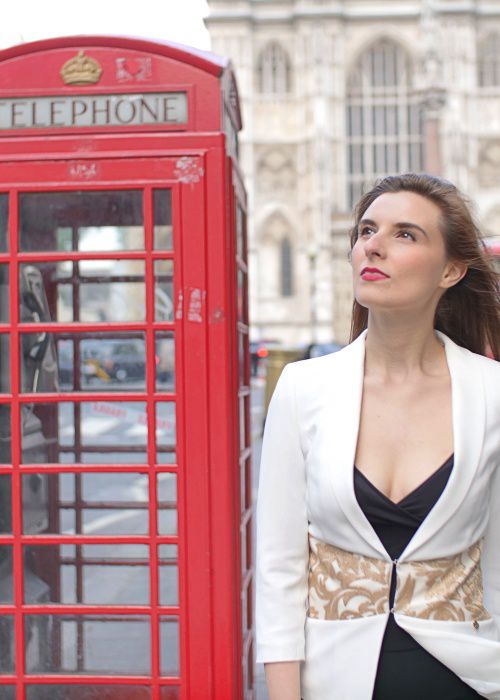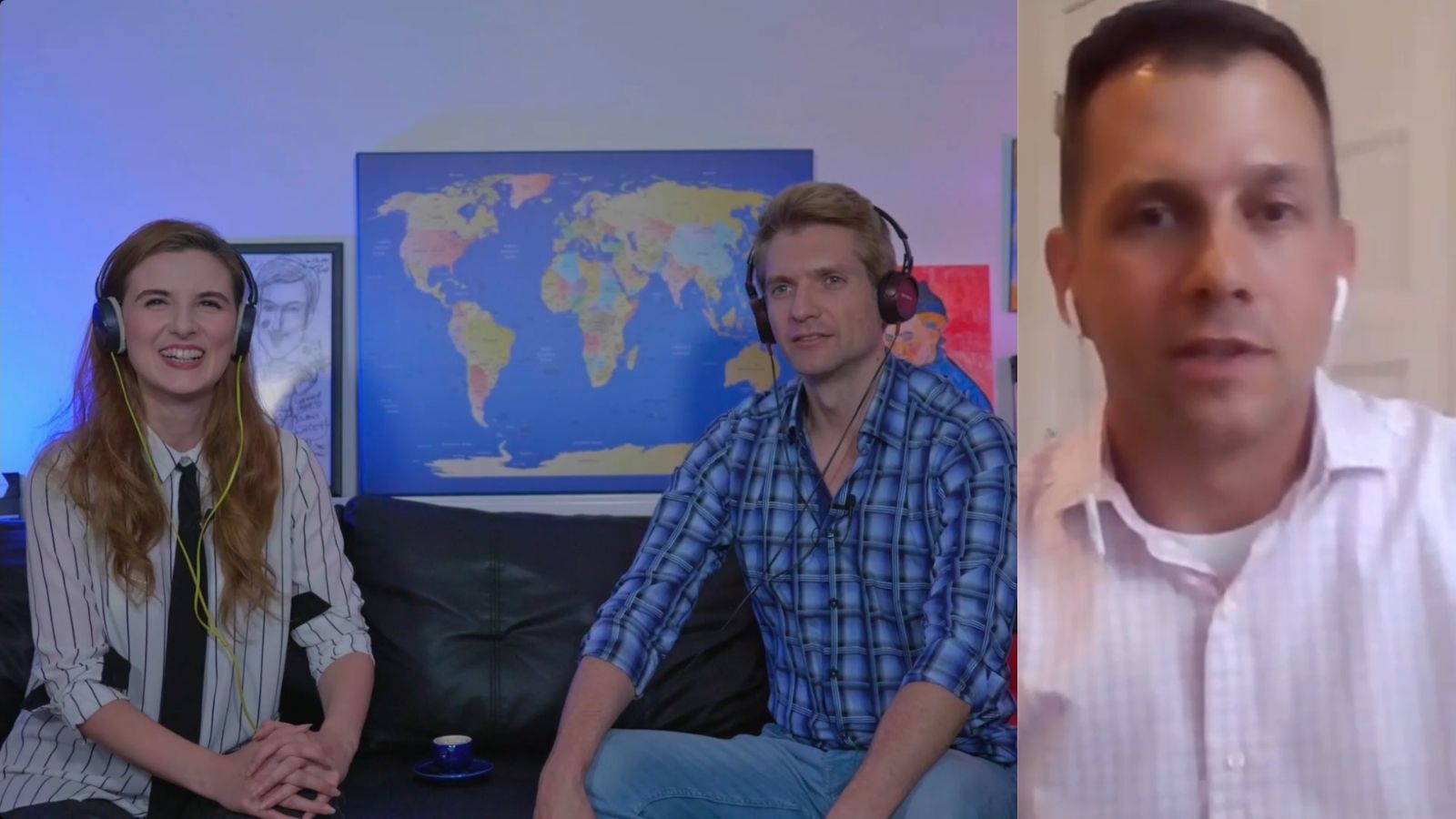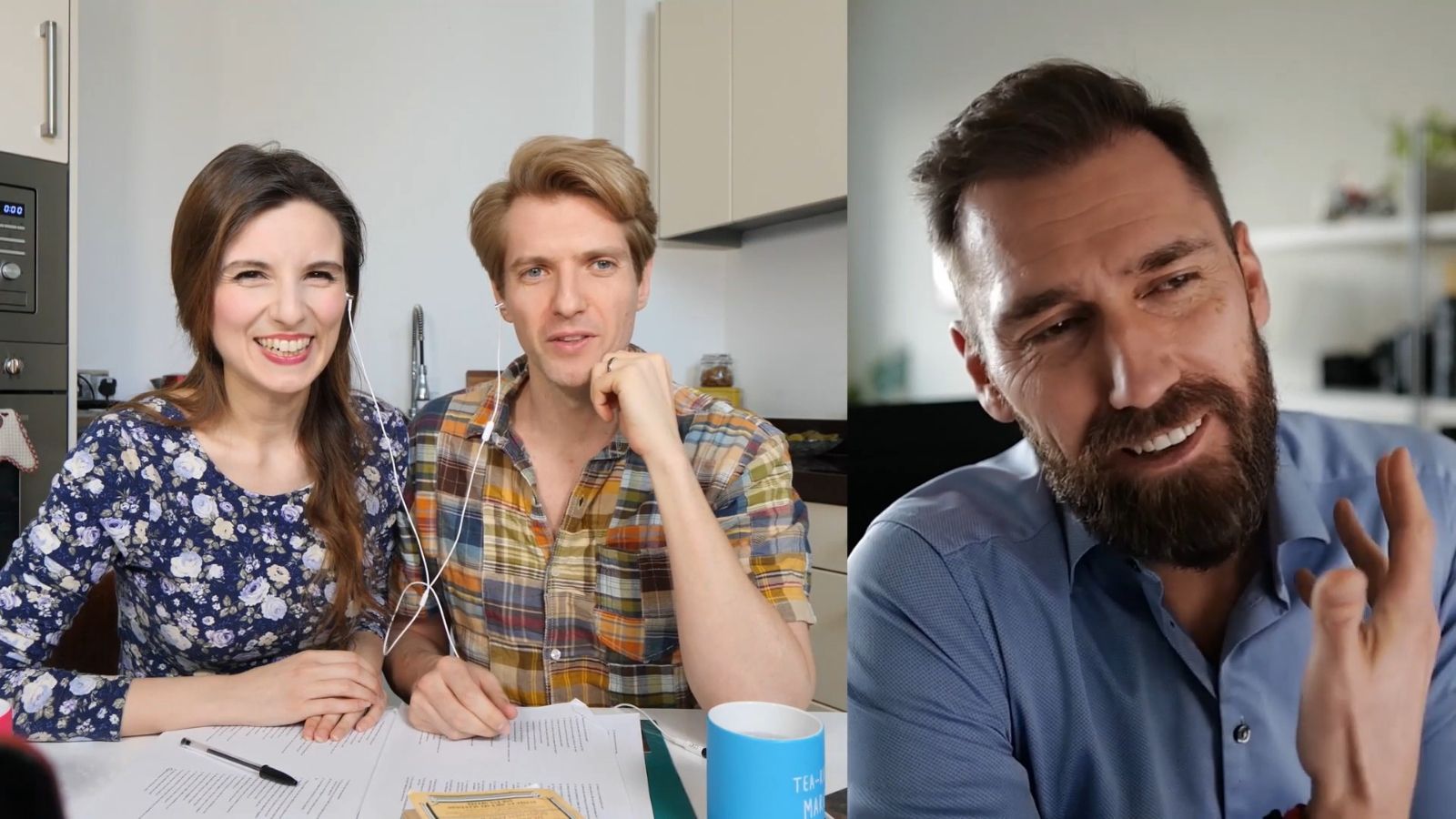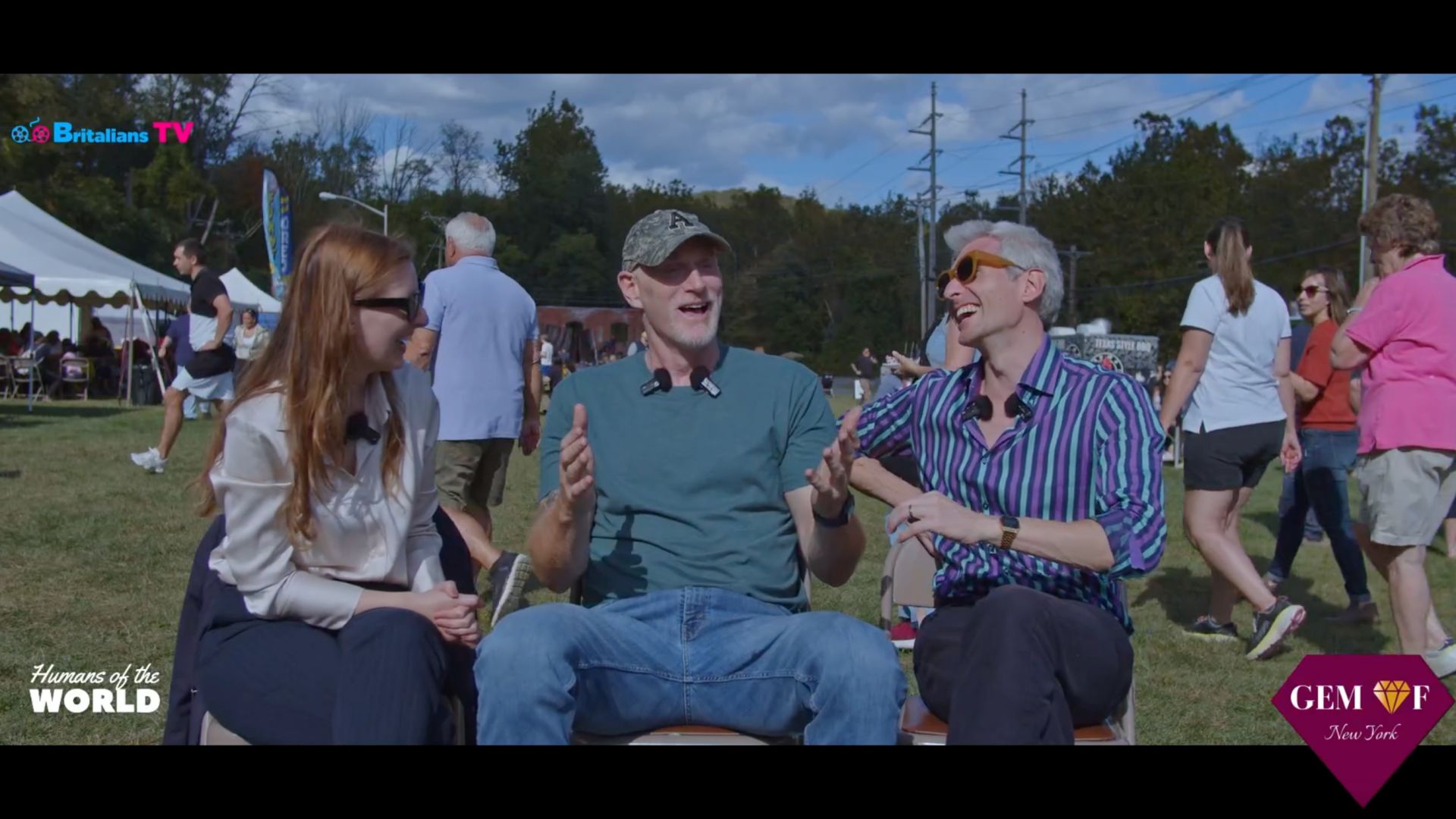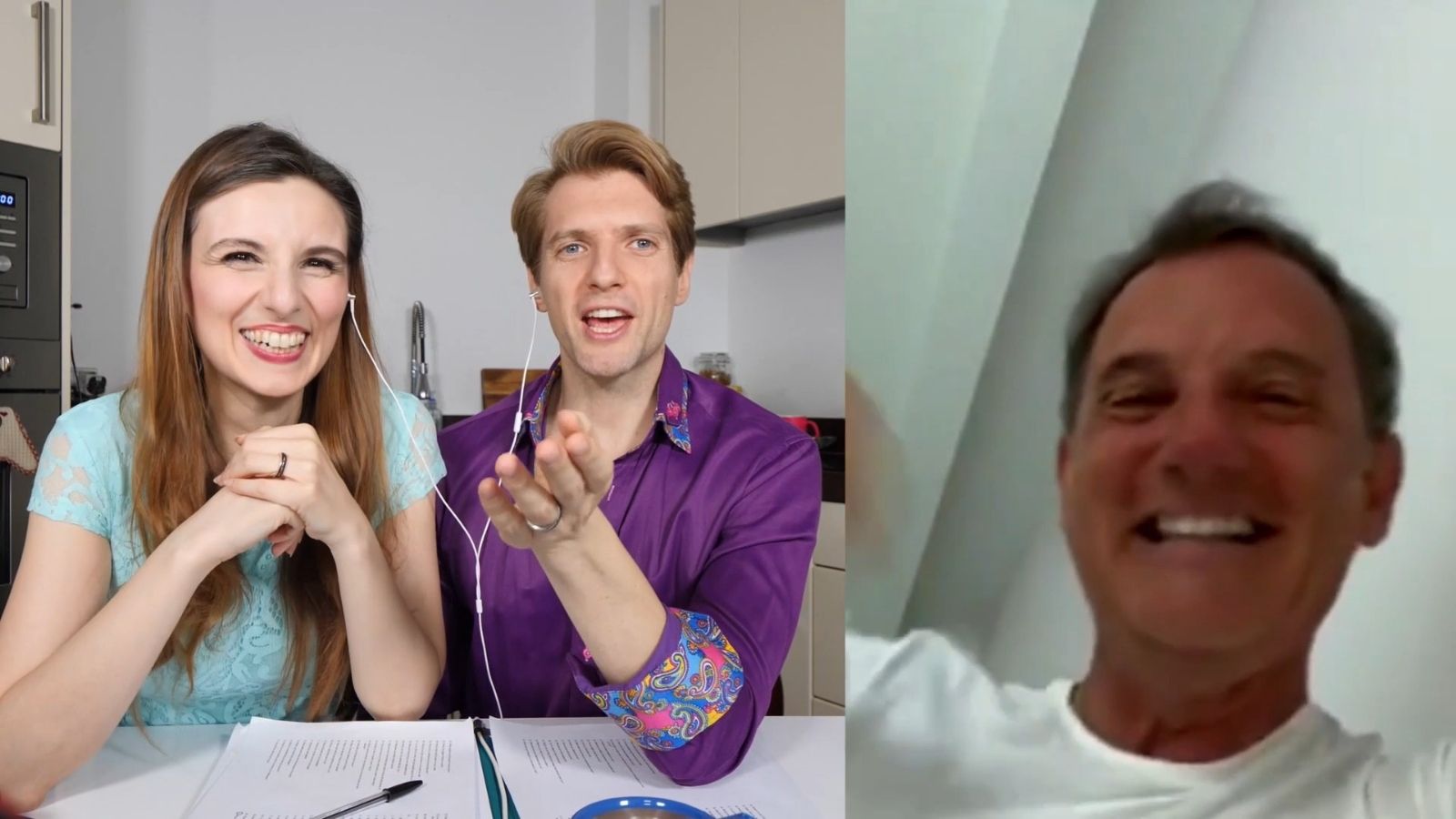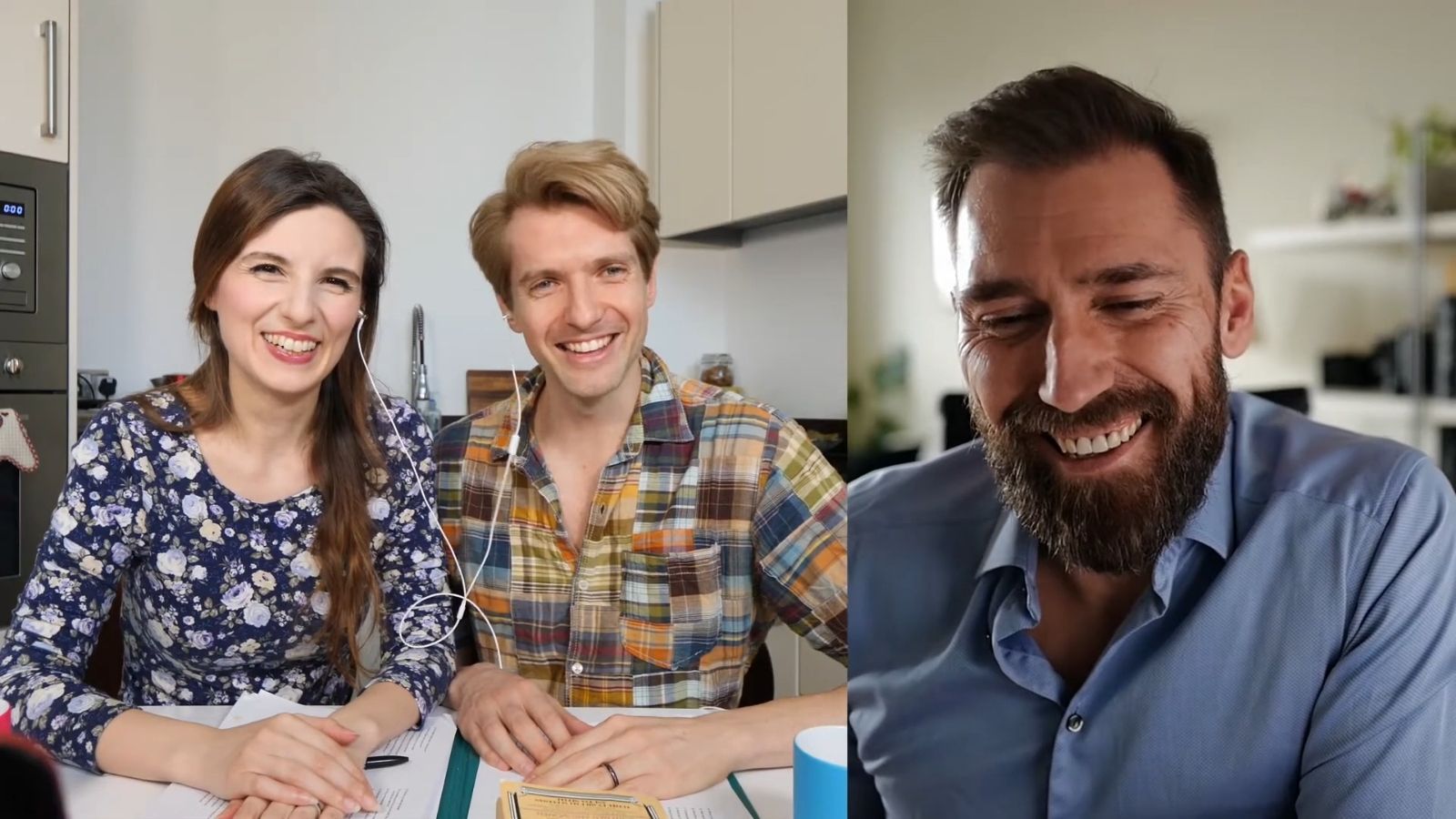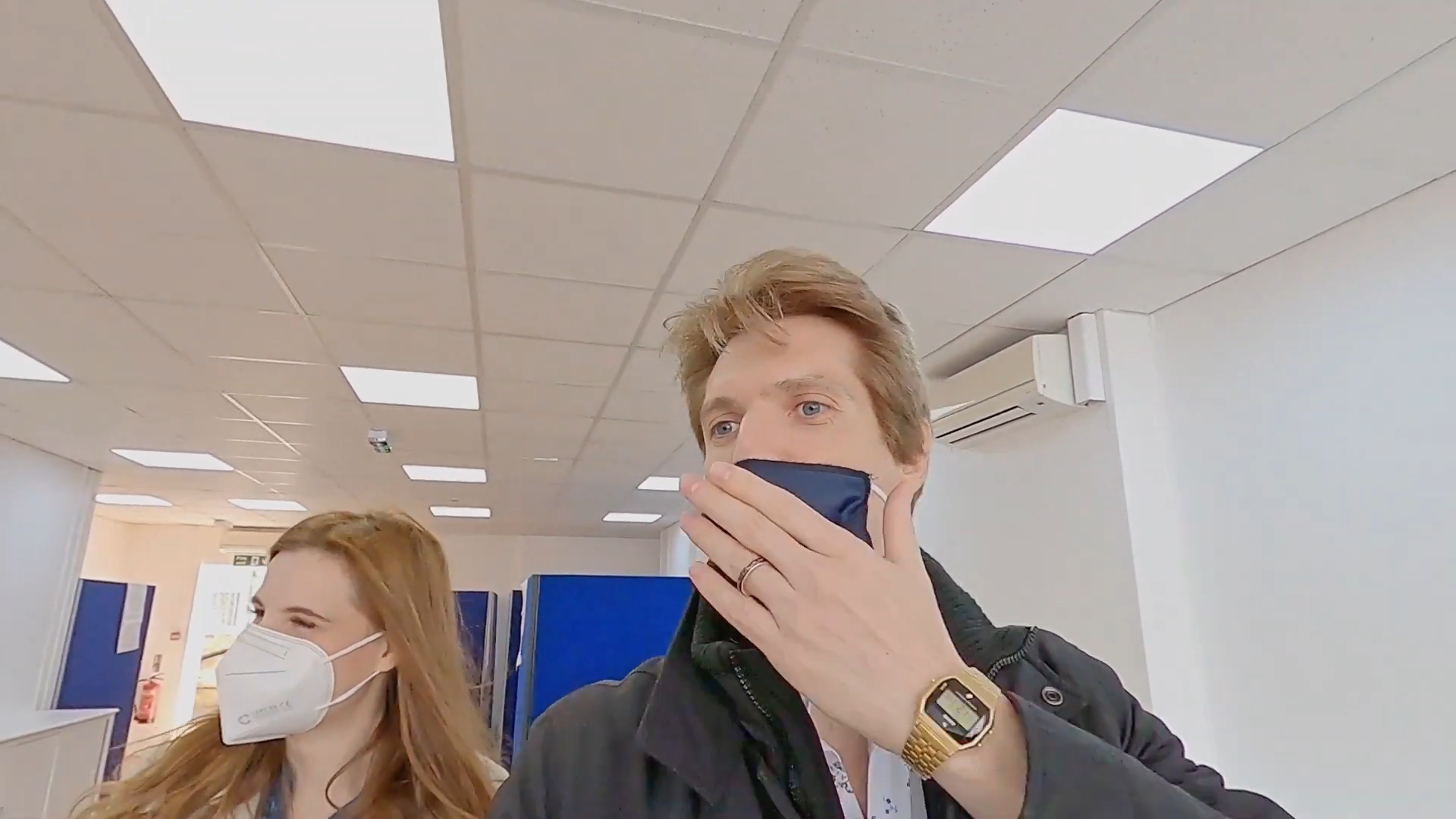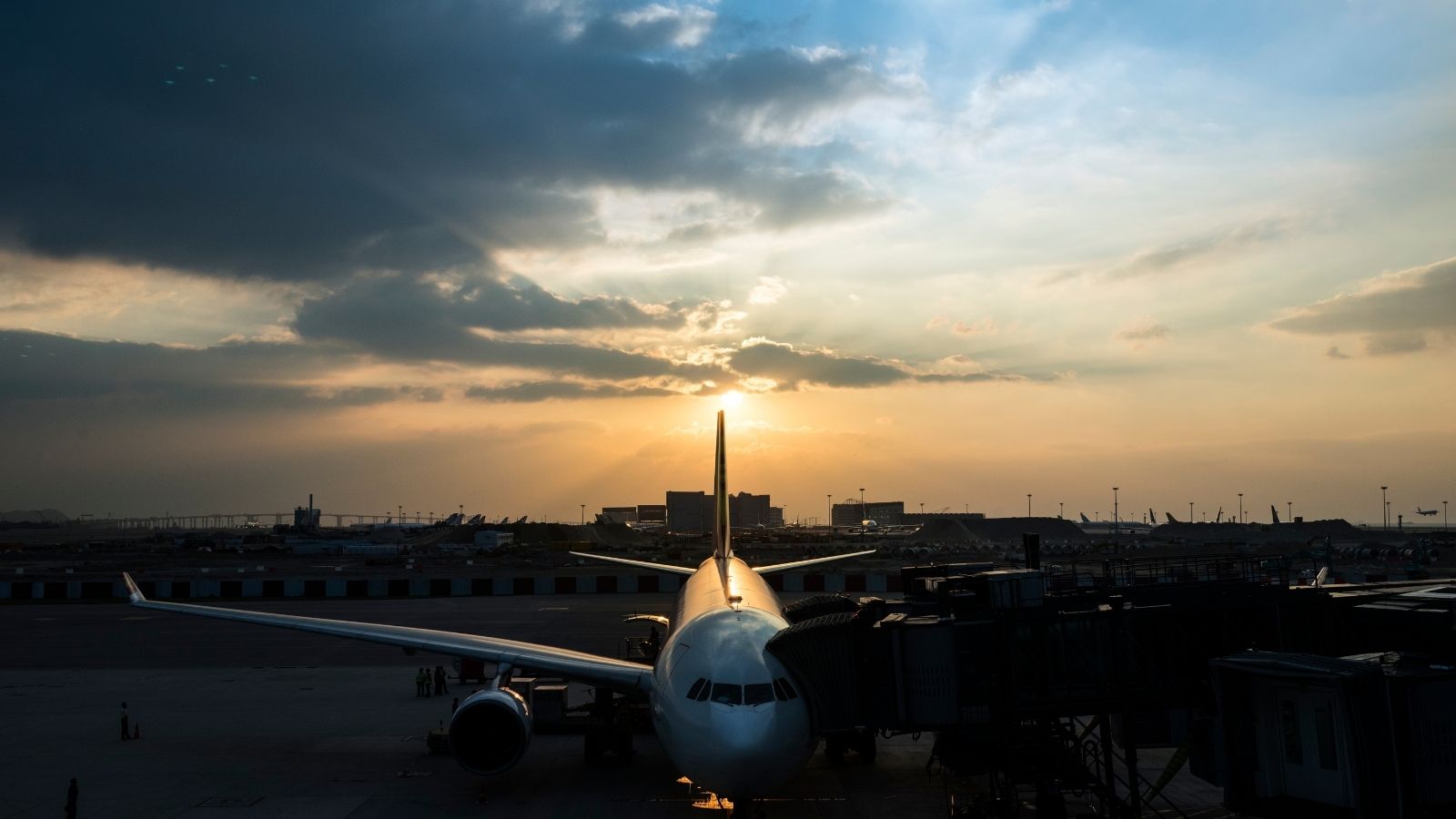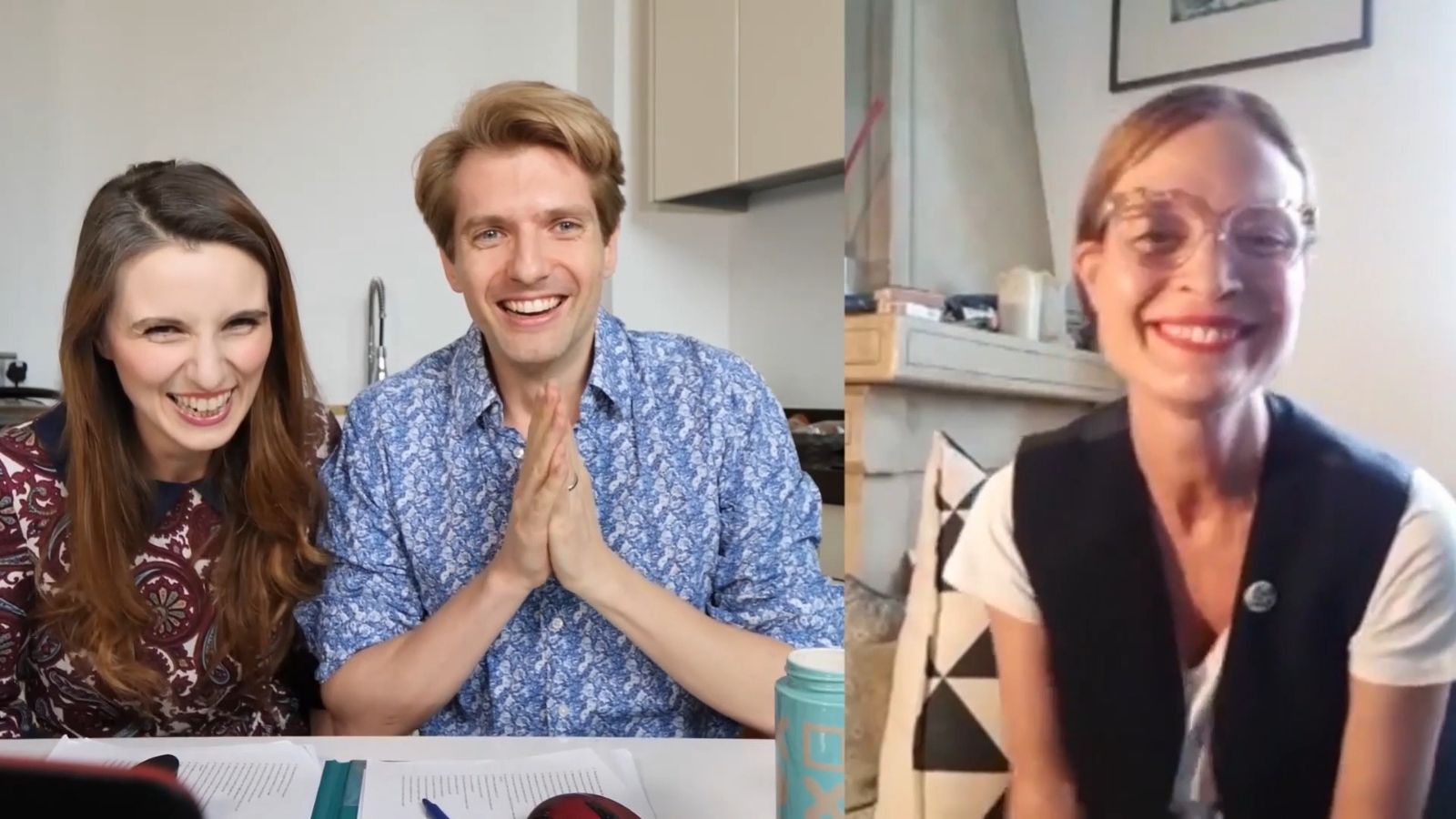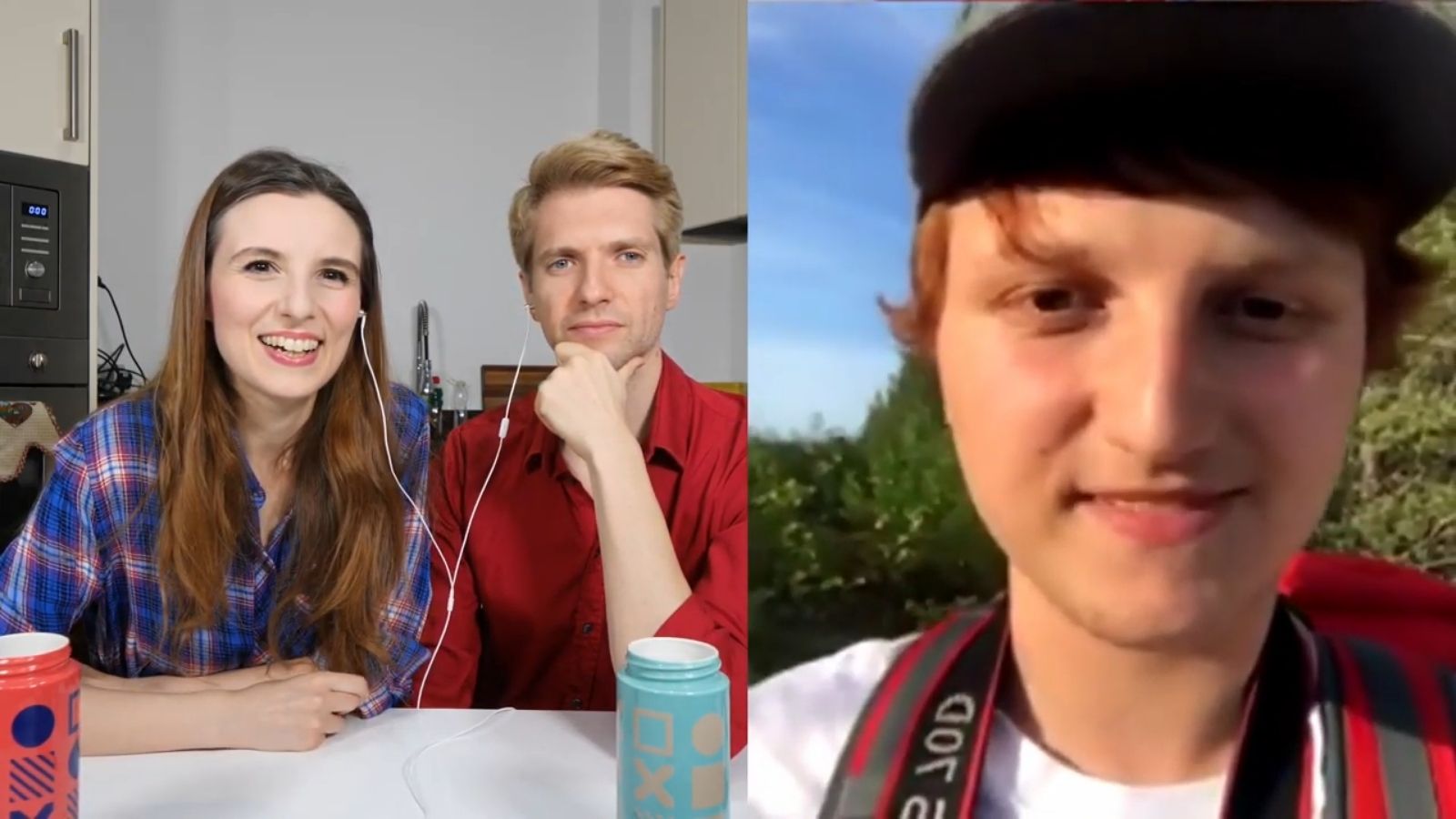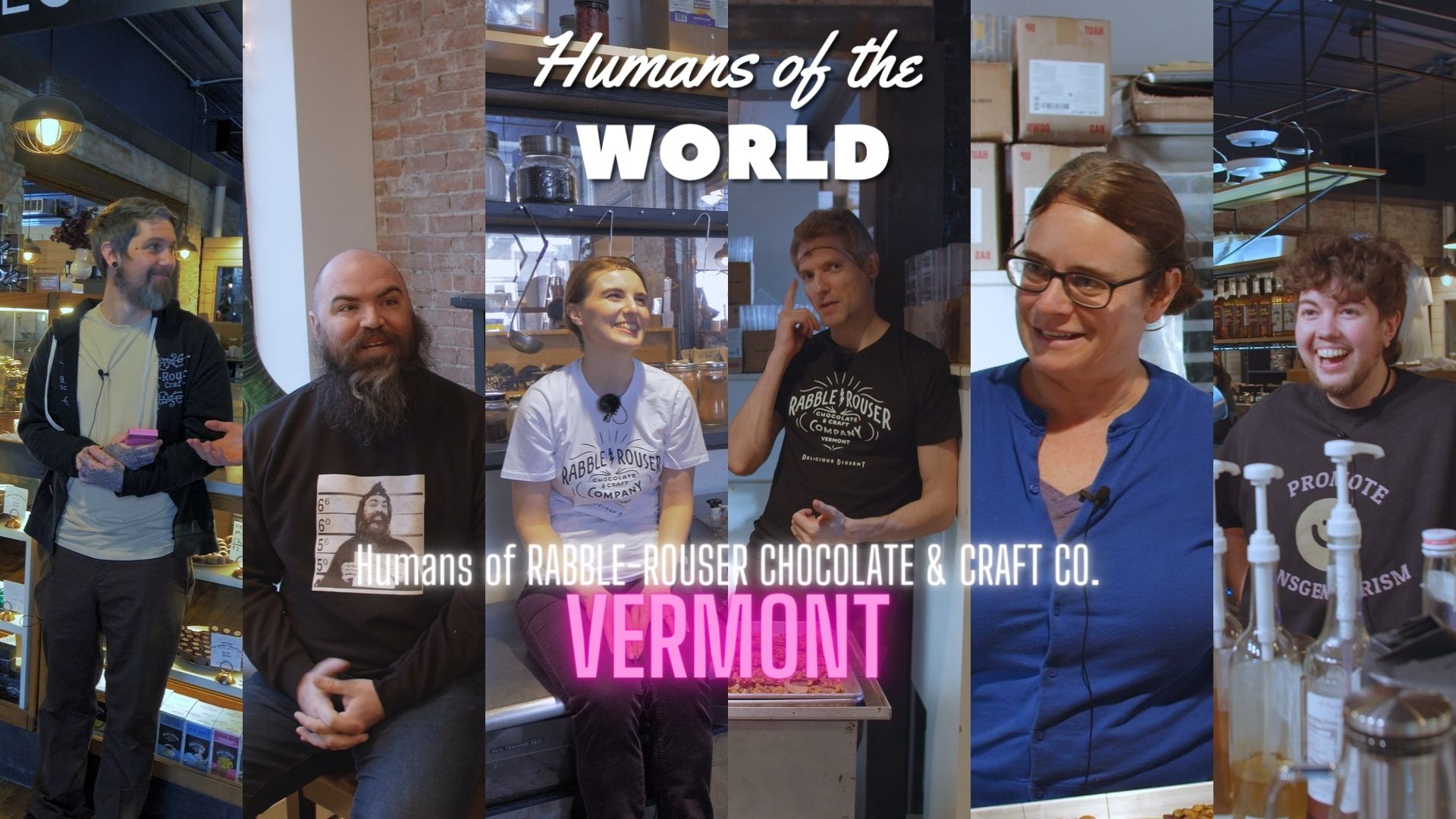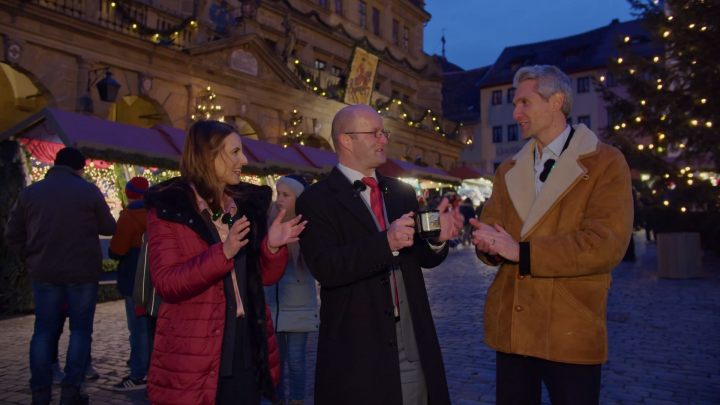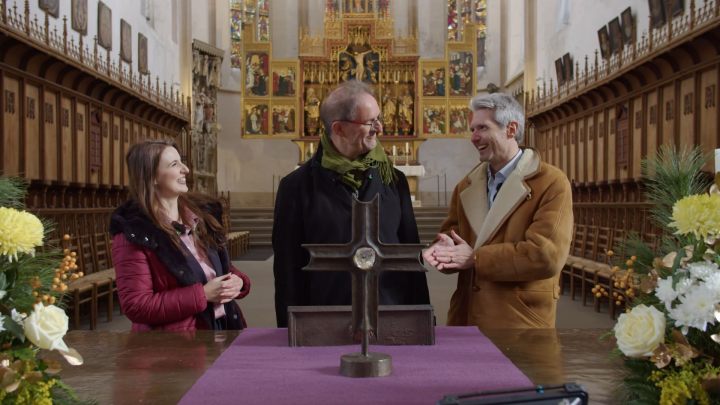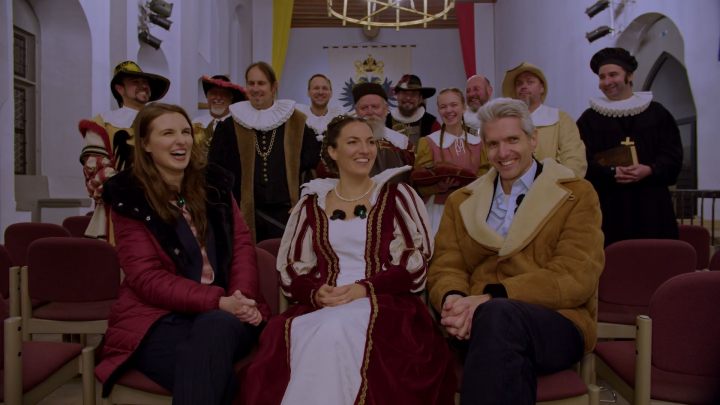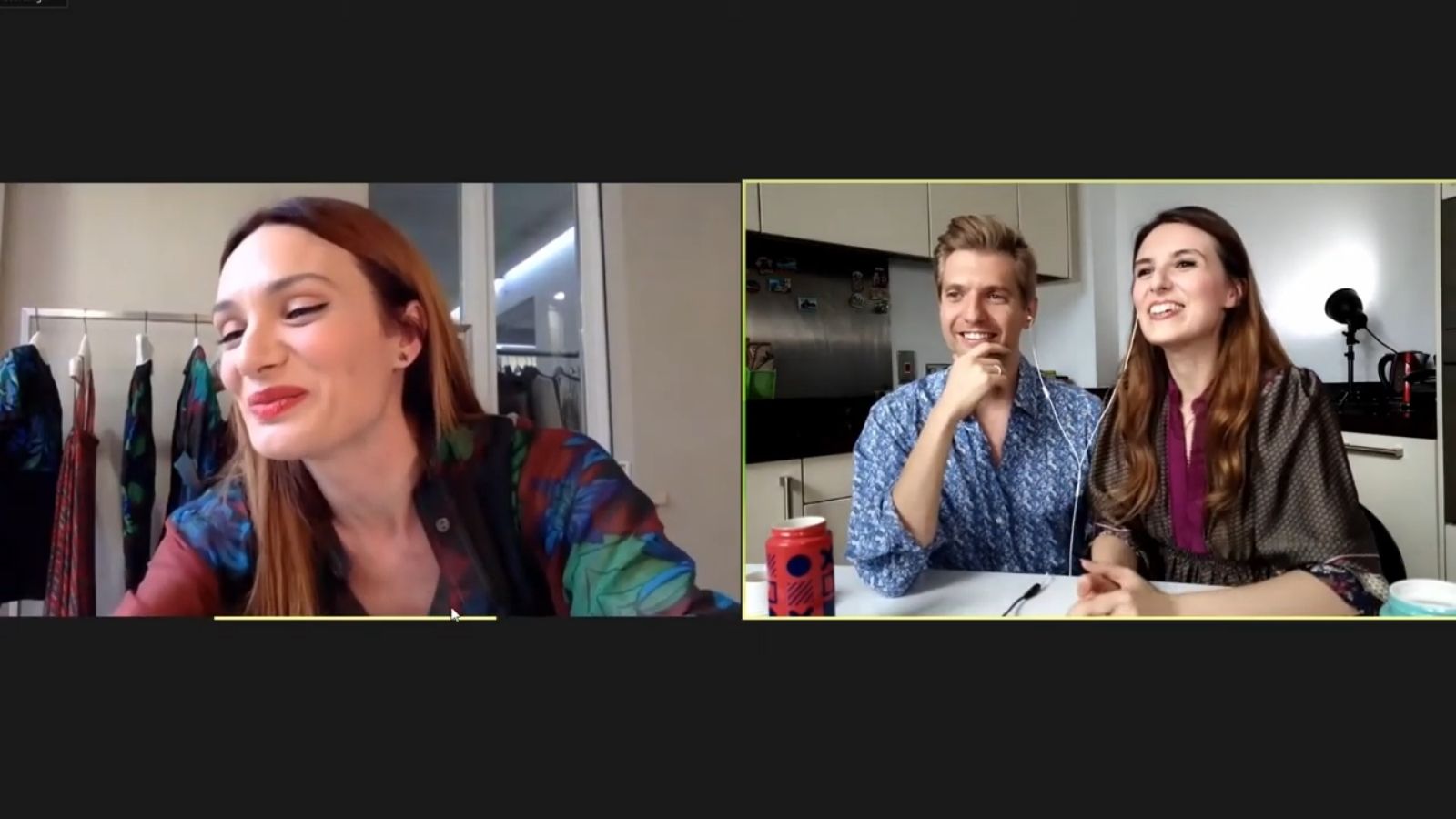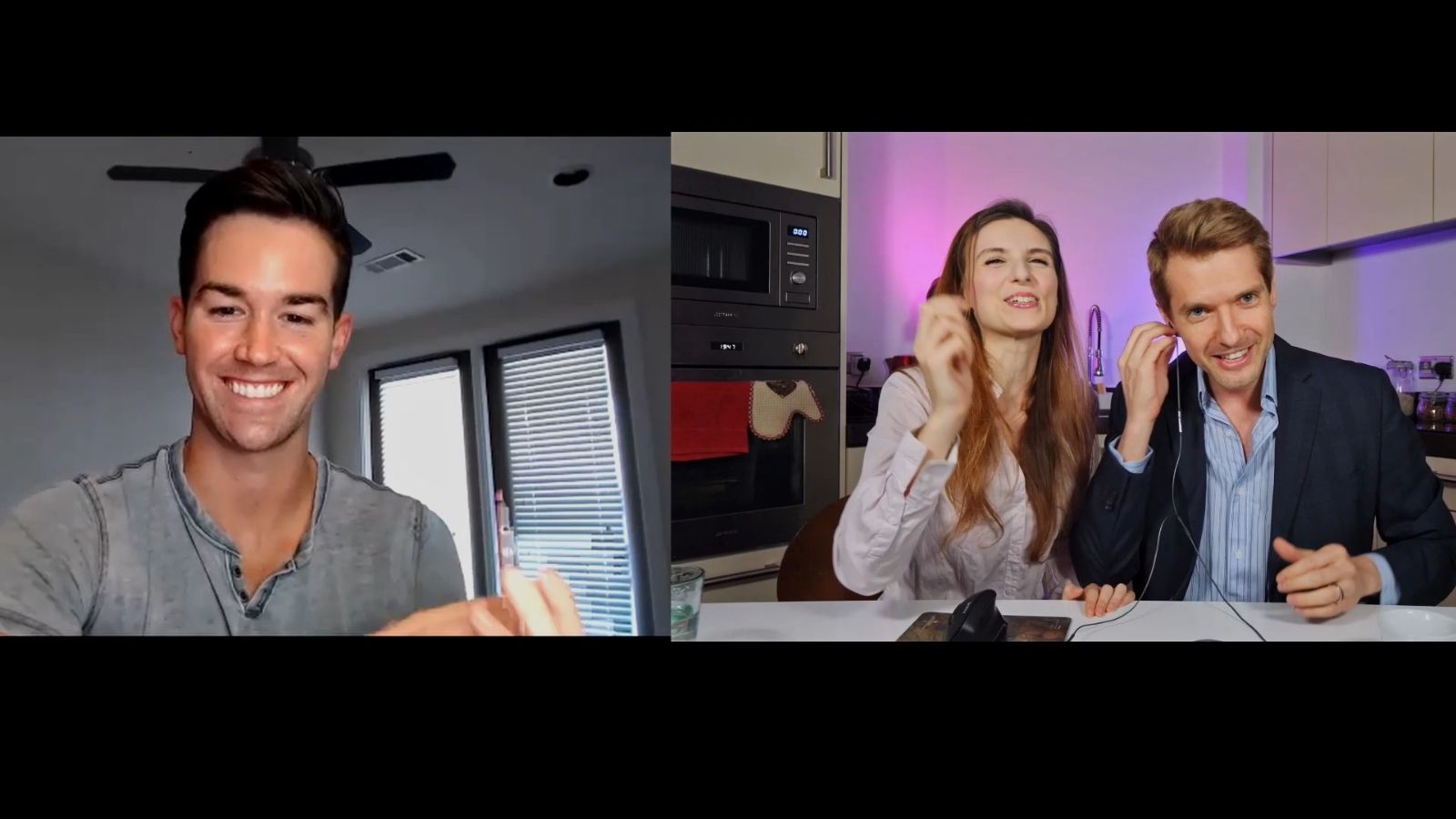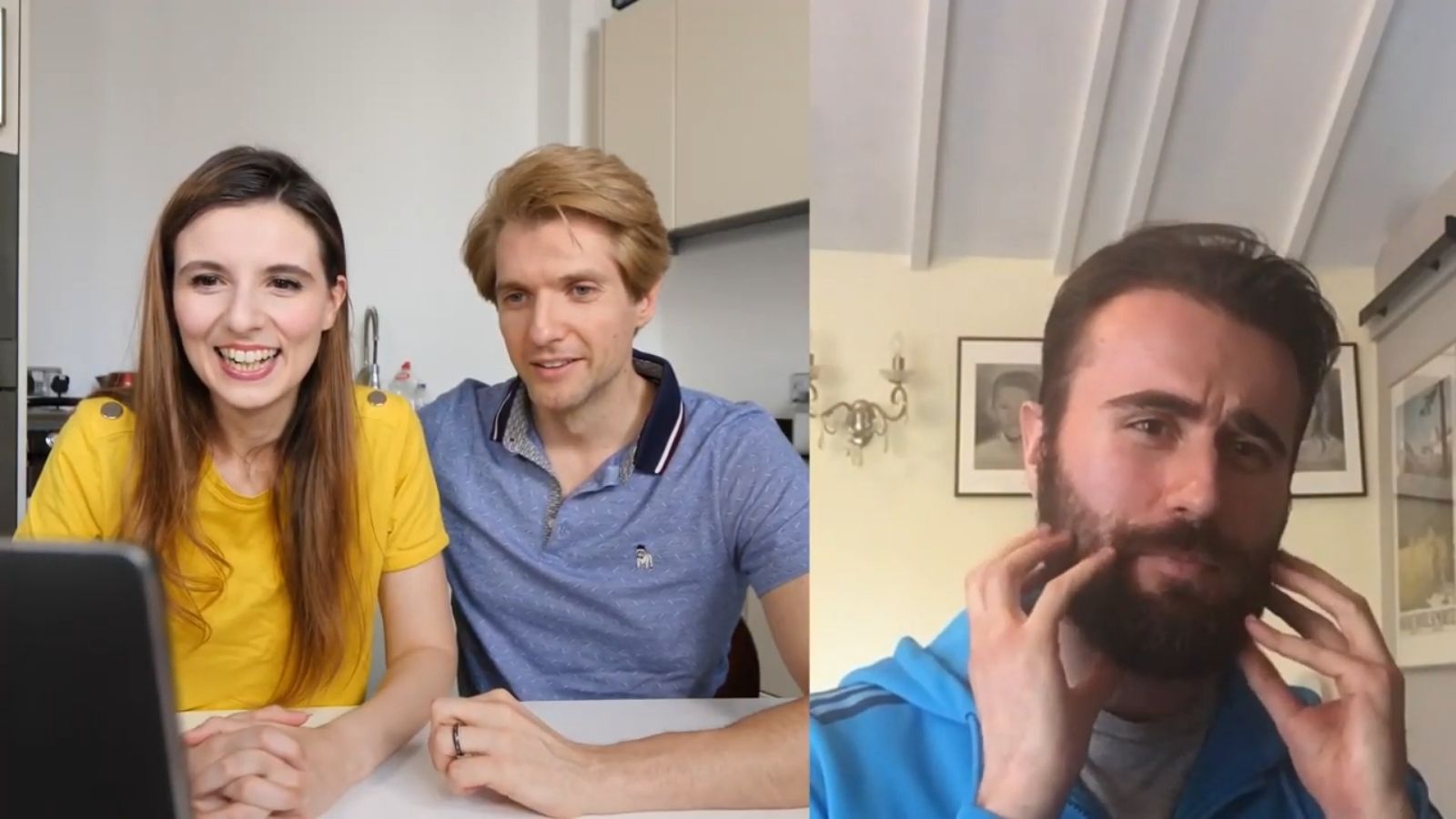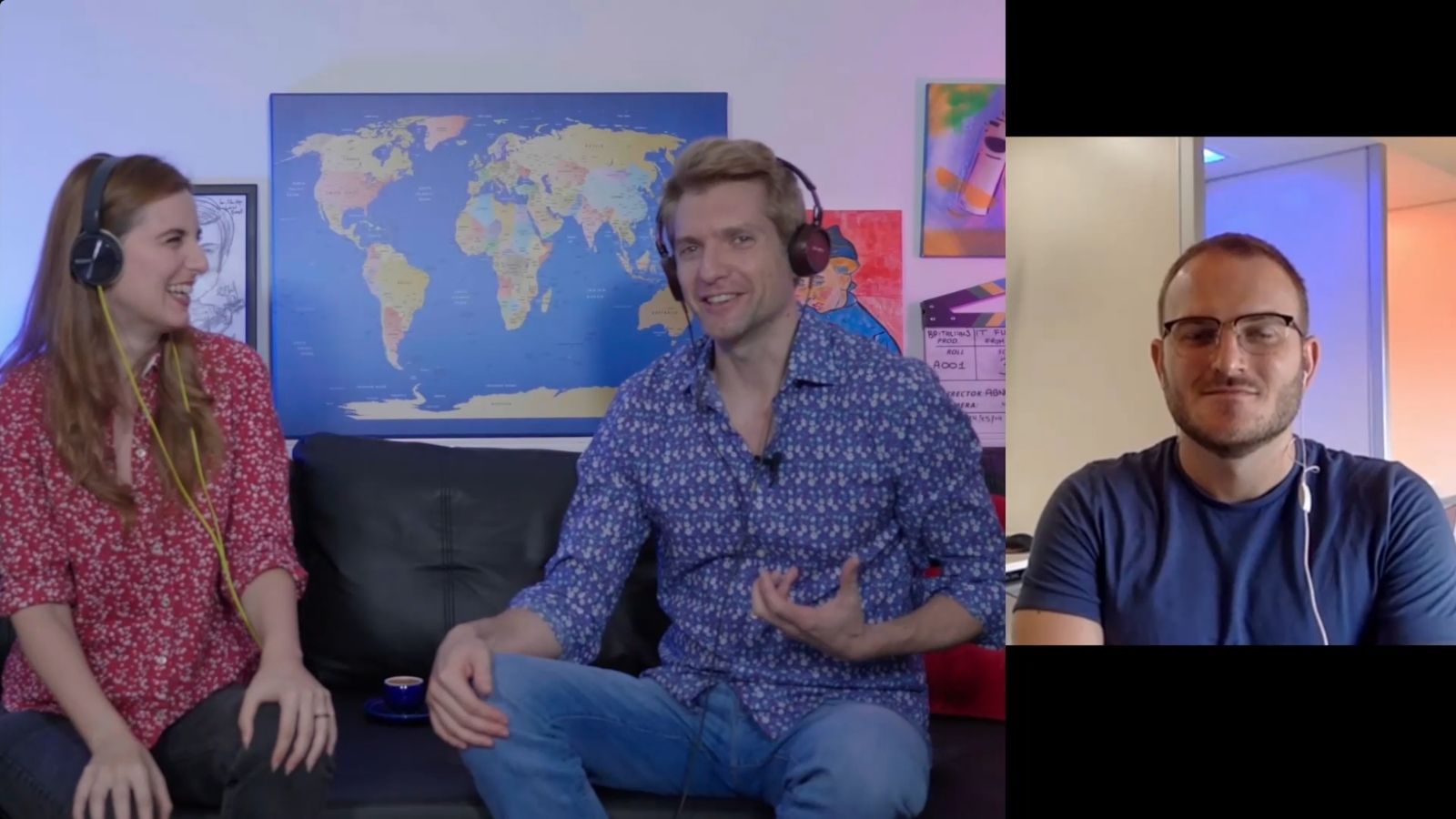
Thu, 9 December 2021 - By Marco Biagioli and Erica Melargo
New episode of Marco and Erica #TALKSHOW with a new guest that has a new profession we have not met previously on our TV. Michele Crippa, a Food Taster, will take us on a journey to introduce his profession and what he does with his team.
Have you ever heard of a food quality auditor? Do they get paid to try food and tell us if they like it? Our presenting duo Marco and Erica brought you Michele Crippa, an Italian food quality auditor and interviewed him to know more of his story and his profession as a food quality auditor and Gastronomic Science Professor.
Sensory laboratories in The University of Gastronomic Sciences
You might have noticed that our guest is talking with us from a laboratory. That is because he is a professor in Gastronomic Science at the University of Gastronomic Sciences in Italy. This university has what they call sensory laboratories to evaluate food with all of your senses.
“We use these kinds of laboratories to evaluate the deepest emotions connected to food,” Michele said “You start to evaluate taste, smells and preserve all the different flavours and aromas”. With this explanation, you are sure getting an idea of what food quality auditor does.
As a Gastronomic Science Professor, taste and smell are so important in their job. But what if they lost it? That happened to Michele a year ago when he got COVID-19. He recounted what happened to him, what he did and why he stopped drinking coffee after that. Catch it on the episode!
Gastronomic Science Professors teach and train their students by giving them a product to taste and evaluate. “They are completely locked in these small offices trying to preserve, to describe and to find the perfect word to evaluate the product” -Michele explains how they teach students. What is interesting is they change the lights colours because the view perceptions change the evaluation results.
From Passionate about Food to Professor of Food
What makes someone want to be a food taster? For Michele, he loved food, cuisines and chiefs from a young age. In his room at his parents’ house, the pictures and posters of great chefs and Michelin star restaurants that he collected are still there. Michele was interested in chiefs and restaurants from all over the world.
As an Italian, Michele for sure was amazed by the father of modern Italian cuisine, Gualtiero Marchesi. Michele told Marco and Erica how lucky he was to teach in chief Marchesi’s profissional school with him.
Michele’s passion for food led him to major in Gastronomic Science in the same university that he is teaching in at the moment, University of Gastronomic Science. In addition, he went to other universities and got other degrees such as Slow Food degree from the University of Polynesia. If you want to know what does slow food means, Michele puts it in simple words “It is the association and the cultural point of view for food that it is good, fair and clean”
Want to know how good food taster can know where the cow lived, what she ate and when they got her milk by one bite of cheese? Check the episode!
Practice by Day and Night: Breakfast, Lunch and Dinner
Michele mentioned that he woke up everyday at 5 in the morning when he was a student. Which made Marco and Erica wonder about his daily routine and how many hours he trains per day. Michele told them that before he got COVID-19, he used to train everyday at breakfast, lunch and dinner.
In addition, he visited producers everyday to try different foods like wine, cheese, olive oil and meat. “At least I would visit producers twice or three times per week,” -said Michele. He visited several restaurants as well because he was a food critic.
If you think that food tasters and food critics get meals for free, you got that wrong. Michele revealed that they pay for their meals in order to be really objective in the experience. Plus, sometimes they never tell a restaurant that they are food critics so they go undercover.
Michele said an interesting fact, sometimes food critics go to restaurants with 3 to 4 of their friends and have the experience together. The reason why, besides not letting the restaurant know that they are here to review them, is to be able to order and try different dishes. Personally, this is my next plan when I go to a good restaurant!
Following a Food Quality Auditing Guided Plan
One of Michele’s previous responsibilities is to help producers refine their product and to create a specific gastronomic profile. “I used to train myself and also training my sensory education, it was a part of my job to help producers to improve the quality of their products” Michele explained.
Food tasters review foods away from their own taste’s preferences. They have a specific objective evaluation that helps them to define a pathway and follow a specific guideline. Although Michele has this guideline to follow when he does his job, he has a picky personality because of his profession.
If you ever want to plan a meal for a picky person, or have a good meal for yourself, follow Michele’s advice about having simple ingredients but with high quality. Hear him explaining it on the episode!
Solving COVID Side Effects in Sensory Laboratories
In the sensory laboratory that Michele is in, there is a box with 20 aromas. Those are a collection of 20 most identifiable aromas in the Italian population target, such as lavender, clove, rose, coffee and mushroom. They are originally used to train students and chiefs to identify the aroma by smelling it.
Those small aroma bottles are adapted to train people with smells problems, like the one they might have after COVID. Michele explained how they train to smell the aromas for only 3 seconds then connected with a specific moment of someone’s life. Michele went on explaining that this training is based on neuronal hypnotic memories.
This training will help people who have lost the ability to smell back by fixing the neurological damage that happens by connecting the neurological nerves back to the brain. By connecting a smell to a memory, the brain is able to remember and feel the smell. They connect the smell with words, music or describing a scene.
Michele mentioned that his smell perception and smell disorders evolve in 18 months. Plus, he explained the 2 terms anosmia, which is the total loss of smelling, and agnosia, which is the total loss of tasting. Then the next 6 months he had what it is called phantosmia, where he smells things that are not there.
Having a Gastronomic Science Professor talking about smells and food is fun. But all this talk about food might make you hungry. Michele Crippa speaks about his profession and food with passion that will inspire you to take a sensory food journey right away, do not missed it on Marco and Erica #TALKSHOW!



